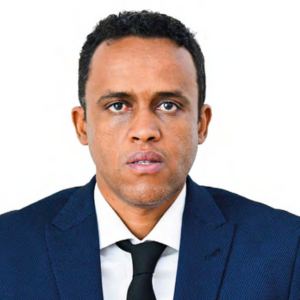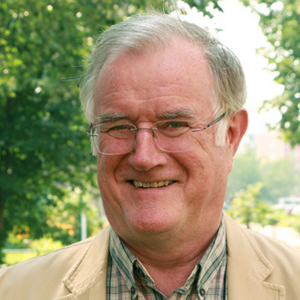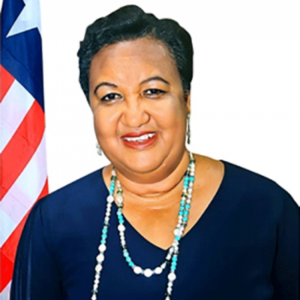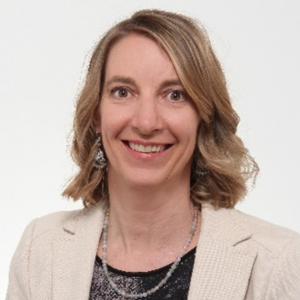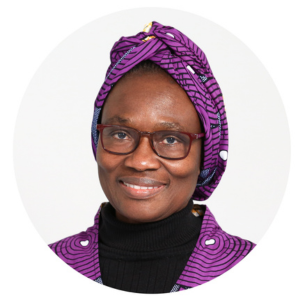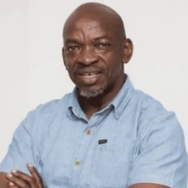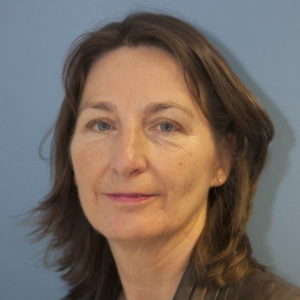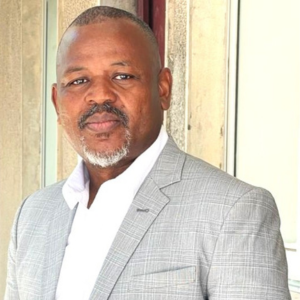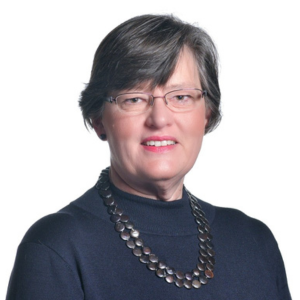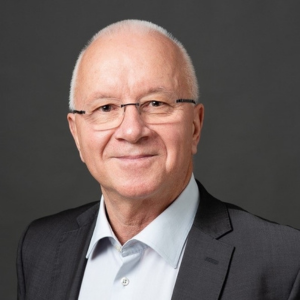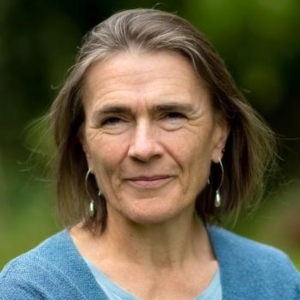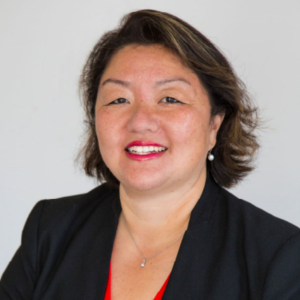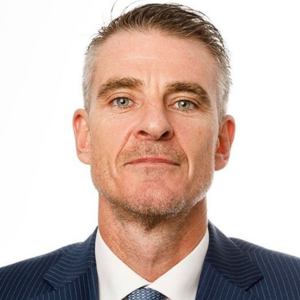26 October 2023 | 9:30 – 17:00 (CET) | IFAD HQ, Rome, Italy and Zoom
Closing deliberations on 27 October 2023 | 15:35-16:50 (CET)
High-Level Session: Food System Approaches and Shifting Development Agendas in Agriculture and Rural Development
Session 1 – High-Level Session: Food System Approaches and Shifting Development Agendas in Agriculture and Rural Development
Background
At the 2002 European Forum on Rural Development Cooperation, governments agreed that aid could be more effective through enhanced donor coordination, both at global and country levels. In light of this aspiration, the establishment of a “Global Forum for Rural Development” was proposed. The following year, at the World Bank’s Rural Week, a Global Donor Platform for Rural Development was established. Over the next two decades, its members have worked continuously to enhance donor coordination and improve rural development strategies, and the impact of their projects and programmes, with a continued focus on harmonization, ownership, accountability, and an emphasis on results and impact. Policy coherence has also been an increasing concern for the donor community.
This year, upon the 20th anniversary of the Platform, donors will be invited to reflect on how the Aid Effectiveness Agenda has changed the way they work on food systems. Over the last 20 years, there have been major advances and renewed focus on rural development, with momentum provided by the 2015 Millennium Development Goals, the 2030 Sustainable Development Goals, and the 2021 UN Food Systems Summit. Nevertheless, in the face of such important advances, development assistance has also substantially changed; new emerging economies have challenged traditional approaches, and financial resources for food systems
have shrunk.
| Agenda | |
|---|---|
| 9:30-9:35 | Welcome by GDPRD Secretariat Maurizio Navarra, GDPRD Secretariat Coordinator, International Fund for Agricultural Development (IFAD) |
| 9:35-9:40 | Opening by GDPRD Chair Tristan Armstrong, GDPRD Chair; Senior Sector Specialist, Agricultural Development and Food Security, Department of Foreign Affairs and Trade (DFAT) Australia |
| 9:40-10:00 | Keynote Address H.E. Hussein Mohamed Bashe, Minister of Agriculture, United Republic of Tanzania |
| 10:00-10:15 | Background and Scene Setting Brian Baldwin, Senior Advisor to the GDPRD; Development and Agricultural Policy Advisor |
| 10:15-10:30 | Coffee break |
| 10:30-12:30 | High-Level Session: Food System Approaches and Shifting Development Agendas in Agriculture and Rural Development H.E. Jeanine M. Cooper, Minister of Agriculture, Republic of Liberia Marylaure Crettaz Corredor, Head, Food Systems Section, Swiss Agency for Development and Cooperation (SDC) Namukolo Covic, Director General Representative to Ethiopia, International Livestock Research Institute (ILRI) Sean de Cleene, International Systems and Partnerships Expert, Former Member of the Executive Committee, Head of the Future of Food, World Economic Forum (WEF) Boaz Blackie Keizire, Head of Policy and Advocacy, AGRA Wilma van Esch, Head of Food Security and Nutrition, Ministry of Foreign Affairs of the Netherlands |
| 12:30-13:45 | Lunch |
| 13:45-15:15 | Breakout Sessions: Drawing on lessons learned from the past and implications for the future of agriculture, rural development, and food systems.
Thematic Discussion Areas Theme 1: Food Security and Nutrition Theme 2: Environment, Climate Change and Biodiversity Theme 3: Aid Effectiveness, Coordination and Alignment Theme 4: Conflict, Resilience, Risk and Fragility |
| 15:15-15:30 | Coffee break |
| 15:30–17:00 | High-Level Synthesis (Moderated session with speakers and rapporteurs from the breakout sessions) Keynote address Mia Beers, Deputy Assistant Administrator, USAID Bureau for Resilience, Environment, and Food SecurityPanel discussion Ron Hartman, Director, Global Engagement, Partnership and Resource Mobilization Division, IFAD Sophie Healy-Thow, Global Youth Campaigns Coordinator, Global Alliance for Improved Nutrition (GAIN); Co-founder, Act4Food Act4Change; Co-chair, UN Food Systems Summit Youth Liaison Group Michael Taylor, Director, International Land Coalition (ILC) |
| Closing deliberations on Day 2 – 27 October 2023 | |
|---|---|
| 15:35 – 16:50 | Keynote Address Máximo Torero Chief Economist at the Food and Agriculture Organization of the United Nations (FAO)Implications of the AGA discussions and deliberations for donor coordination Interactive discussion with participants, moderated by Jim Woodhill |
Objectives
This session will seek to address the following fundamental questions:
Expected outcomes
This session aims to build the GDPRD’s capacity to strategically influence the international development agenda, through innovative approaches rural development in a food system approach. At the end of the session, participants are expected to:

